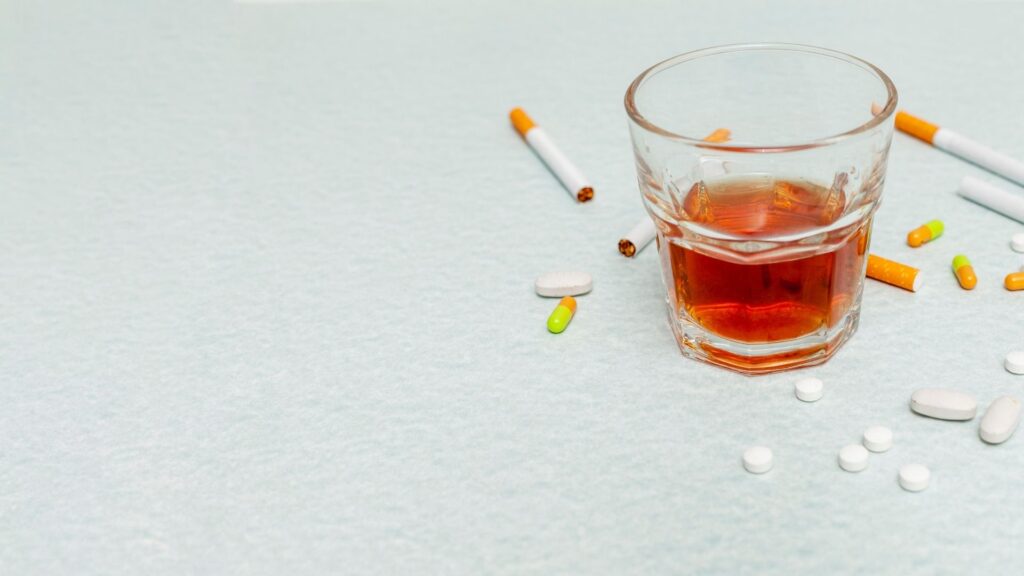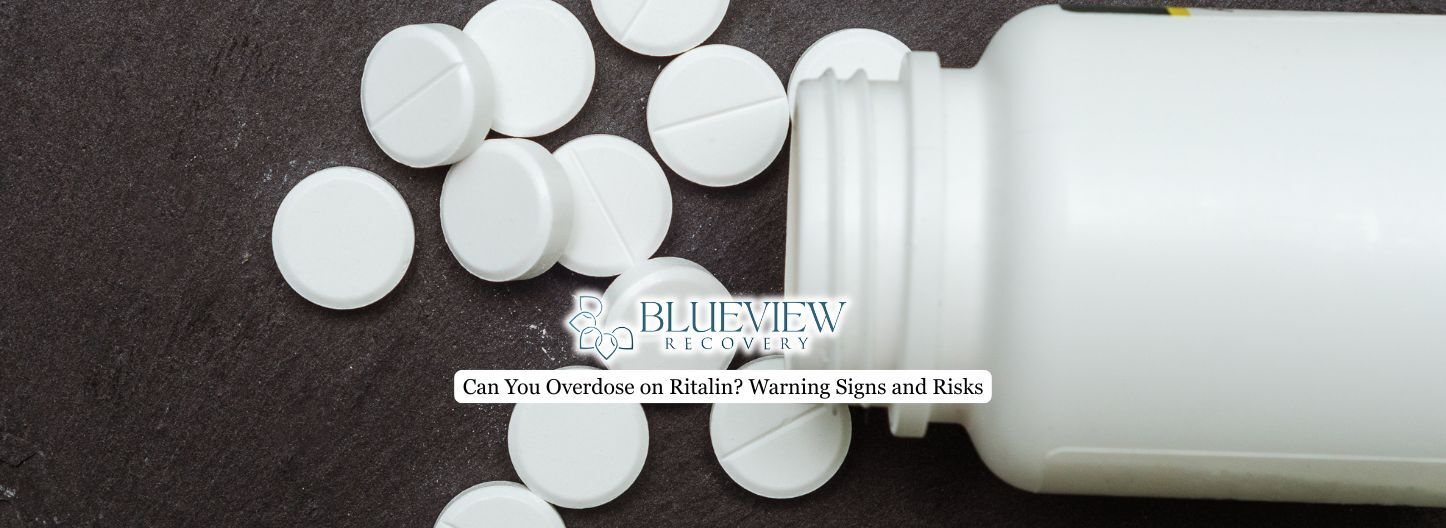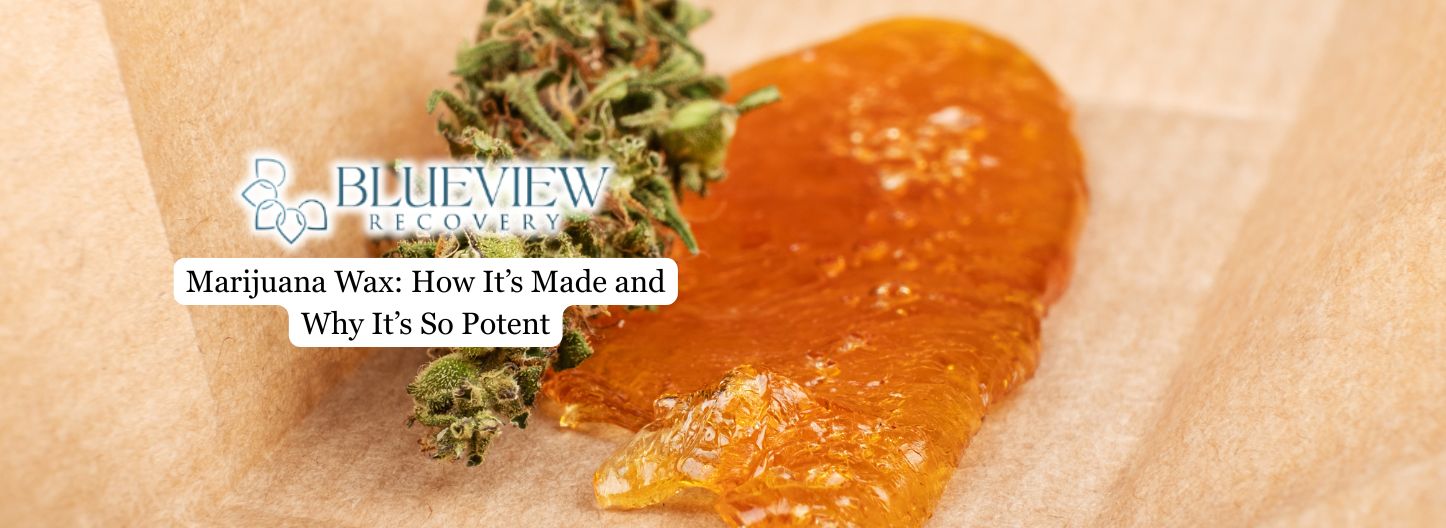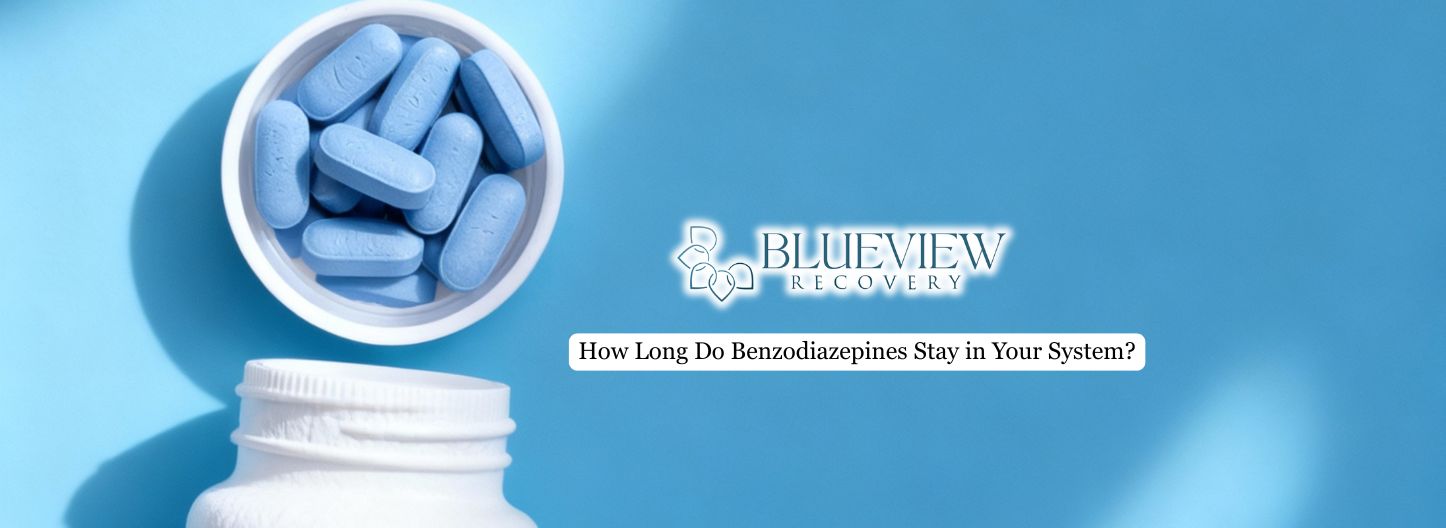Drug withdrawal is one of the most challenging and dangerous aspects of addiction. When someone develops a dependence on an addictive drug, stopping or reducing use can trigger a wide range of withdrawal symptoms, both physical and psychological. The severity of withdrawal can vary dramatically depending on the substance, the duration and intensity of drug use, and individual health factors.
This article will explore the science behind withdrawal syndrome, the drugs with the most severe withdrawal symptoms, and why medical detox is often essential for recovery.

Understanding Drug Withdrawal
Drug withdrawal refers to the group of symptoms that may occur when a person who is dependent on a substance stops taking the drug or significantly reduces their intake. These symptoms of withdrawal can be both physical and psychological, and their intensity is influenced by the class of drugs involved, the duration of use, and the individual’s health.
Withdrawal symptoms generally arise because the body and brain have adapted to repeated drug exposure. When the drug is removed, the body struggles to regain balance, leading to unpleasant symptoms and cravings. The withdrawal process can be short-lived (acute withdrawal) or, in some cases, symptoms can last for weeks or months (protracted withdrawal).
Individuals struggling with drug addiction or experiencing withdrawal symptoms should seek professional help. Drug and alcohol detox under medical supervision can save lives and is a critical first step in effective addiction treatment.
Factors Defining “The Worst” Withdrawal?
- Intensity of symptoms: Severe drug withdrawal symptoms, such as seizures or delirium, can be life-threatening.
- Duration: Some withdrawal symptoms may persist for weeks or even months.
- Risk of complications: Certain drugs can produce dangerous physical withdrawal symptoms that require immediate medical attention.
- Psychological symptoms: Distressing psychological symptoms and cravings can make it one of the hardest experiences to endure and increase the risk of relapse.
Drugs with the Worst Withdrawal
Benzodiazepine Withdrawal
Benzodiazepine withdrawal is another dangerous withdrawal syndrome. Symptoms may include severe anxiety, insomnia, muscle pain, sensory disturbances, hallucinations, and seizures. The withdrawal process can be prolonged, with symptoms lasting weeks or even months. Withdrawal from certain prescription drugs like benzodiazepines can cause withdrawal symptoms that are not only physically distressing but also psychologically overwhelming.
Opioid Withdrawal
Opioid withdrawal, including withdrawal from heroin, fentanyl, and prescription opioid drugs, is notorious for causing difficult withdrawal symptoms and cravings. Opioid withdrawal symptoms may include muscle aches, diarrhea, vomiting, anxiety, insomnia, sweating, and intense cravings. While opioid withdrawal is rarely fatal, the severity of withdrawal can make it one of the hardest drugs to quit, and the psychological symptoms can drive relapse.
Stimulant Withdrawal
Withdrawal from stimulant drugs like cocaine and methamphetamine can also be extremely challenging. Cocaine withdrawal symptoms include fatigue, depression, sleep disturbances, and powerful psychological cravings. Meth withdrawal can cause withdrawal symptoms such as severe depression, anxiety, and even suicidal thoughts. While stimulant withdrawal is not usually life-threatening, the psychological withdrawal symptoms can be highly distressing and long-lasting.
GHB, Gabapentinoids, and Other Drugs
Withdrawal from certain drugs such as GHB and gabapentinoids can also be severe. Withdrawal symptoms may include agitation, tremors, seizures, and delirium. These drugs can produce dangerous withdrawal symptoms that require immediate medical intervention.
Other psychoactive drugs, such as antipsychotics and cannabis, can cause withdrawal symptoms, but these are generally less dangerous and rarely life-threatening.
Alcohol Withdrawal
Alcohol withdrawal is widely recognized as one of the most dangerous withdrawal syndromes. Symptoms of alcohol withdrawal may include anxiety, tremors, sweating, nausea, hallucinations, and, in severe cases, seizures and delirium tremens (DTs). Acute alcohol withdrawal can start within hours after the last drink, and, in severe cases, withdrawal can cause life-threatening complications. Alcohol withdrawal symptoms may include confusion, agitation, and even death if not properly managed.

The Individual Experience of Withdrawal
The severity of withdrawal symptoms varies from person to person. Factors such as the type of drug, duration of substance use, overall health, and the presence of a substance use disorder all influence the withdrawal process. Some people may experience only mild symptoms, while others suffer from significant withdrawal that requires intensive medical care.
Why Medical Detox Is Essential
Withdrawal from drugs or alcohol, especially alcohol, benzodiazepines, and some prescription drugs, can be unpredictable and dangerous. Medical detox provides a safe environment to manage withdrawal symptoms, treat withdrawal complications, and support recovery. Attempting to quit “cold turkey” from certain drugs is extremely risky and should never be done without professional help.
Final Thoughts from Blueview Recovery
When it comes to the worst drug withdrawal, alcohol and benzodiazepines are generally considered the most dangerous due to the risk of seizures, delirium, and death. Opioid withdrawal, while rarely fatal, is intensely uncomfortable and psychologically challenging. Stimulant drugs and other substances can also cause difficult withdrawal symptoms and cravings, making recovery a daunting process.
At Blueview Recovery, we understand the physical and psychological toll that withdrawal can take. That’s why our addiction recovery programs in Philadelphia, PA, are designed to safely guide individuals through each stage of the withdrawal process. With medical support, compassionate care, and individualized treatment plans, we help people undergoing withdrawal start their journey toward lasting recovery.





